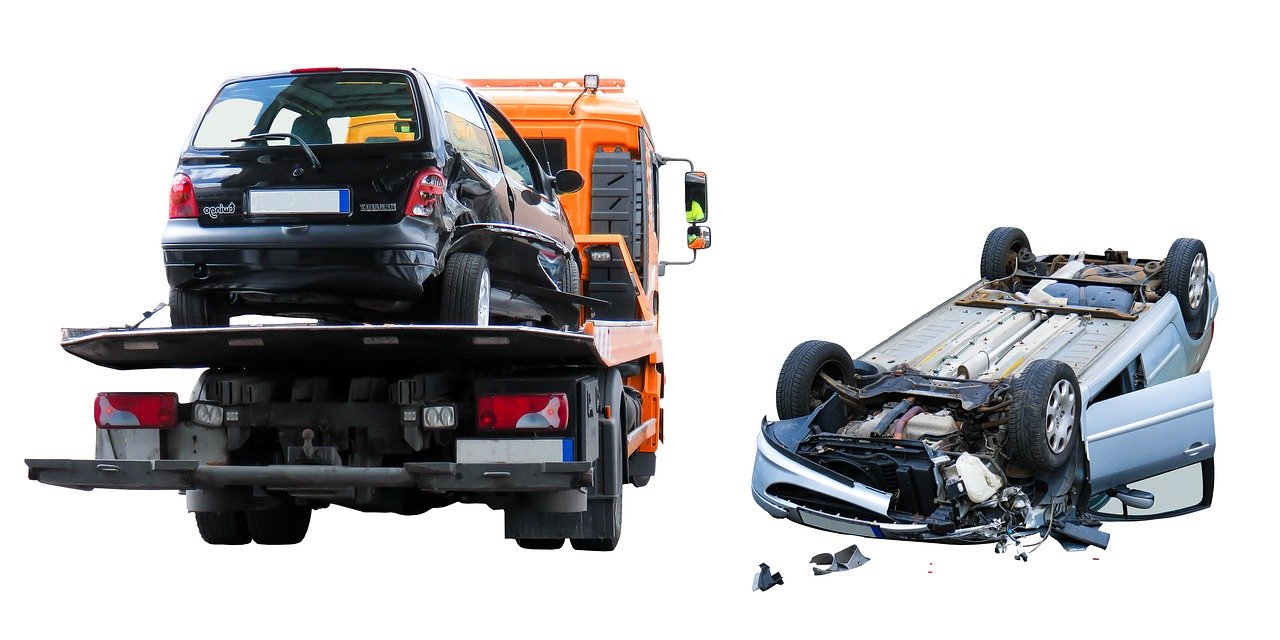

Damage coverage in auto accident cases is usually very direct.
Either your insurer or that of the liable party will pay for vehicle damage and repairs, or they won’t.
If neither your insurance provider nor that of the other party is paying, you’ll probably pay for the losses yourself.
Even in the instances where the repair expenses surpass the car cost, you can always scrap the automobile and leave.
Be that as it may, with regards to injury coverage, things will in general, be considerably more compounding.
Overall, state laws and insurance policies dictate coverage for personal and bodily injuries that result from accidents, including coverage for passengers.
If you are wondering, are passengers covered by car insurance? Read on below.
Insurance Tiers
Are passengers covered by car insurance? To answer this question, let’s first take a look at the insurance tiers that are accessible to car accident victims.
Here are the three common insurance tiers of bodily injury coverage:
- Bodily Injury Liability: If you injure others, bodily injury liability coverage will pay for their healthcare expenses and lost income
- Uninsured or Underinsured Bodily Injury Liability: If the driver you've had a collision with doesn't have insurance.
Or, if the driver lacks sufficient coverage protection to cater for harms they cause in a car wreck - Personal Injury Protection: Also called PIP, personal injury protection covers injuries paying little heed to who is to blame for the accident.
PIP helps to pay medical bills for both the policyholder and passengers
Next, you should confirm whether you live in an at-fault or a no-fault state.
Most states use at-fault frameworks wherein law enforcement officers allocate liability to the party they decide is answerable for the accident.
The at-fault individual or their insurer should pay medical costs, property damage, lost wages, and burial costs to the other parties.
Passengers who sustain injuries in a car accident in the at-fault state have a right to file claims against the responsible party.
In the about a dozen no-fault states people receive compensation regardless of who is liable for the car accident.
However, to get coverage, you should have personal injury protection coverage. And, a passenger can make a PIP claim against a driver.
The no-fault states are District of Columbia, Kansas, Utah, North Dakota, Florida, Kentucky, Hawaii, Massachusetts, New York, Michigan, New Jersey, and Pennsylvania.

Are Passengers Covered By Car Insurance?
A passenger who’s your spouse or blood-relative residing in your home will utilize your PIP coverage in case of an accident.
PIP protection doesn’t apply to non-resident passengers.
That’s because personal injury protection coverage applies to insurance holders depending on the name.
It is only applicable to PIP policyholders and their resident family members. Therefore, passengers must utilize their personal general bodily injury cover.
Given that the collision wasn’t your fault, a passenger may get a part of their damages from the liable driver’s insurer.
Passengers may also seek coverage from their own insurer to cover a portion of their costs.
That way, they might be successful at getting their insurance provider to pay for their damages.
And, the insurance agency will at that point pursue an at-fault case against the responsible party in order to extract payment.
Are Passengers Covered By Car Insurance In At-Fault States?
In traditional, fault-dependent states, accident injury claims by passengers are similar to any other type of vehicle collision claim.
However, the passenger would likely want to file the claim against both drivers, unless liability rests clearly with just one driver.
After a car accident, passengers must retrieve the insurance information for every driver and make third-party claims with each motorist’s insurer.
The claims should be under the liability coverage of each driver.
From there, insurance agencies will decide on who will be covered.

Are Passengers Covered By Car Insurance In No-Fault States?
In no-fault states, passengers usually receive protection from the PIP coverage of the driver.
Passengers who sustain injuries usually have no plan of action under the other motorist’s insurance coverage.
They only have recourse if their injuries attain the state’s statutory thresholds for making a claim out of no-fault.
It’s important to note that in a no-fault claim, you should cooperate with the no-fault insurance provider.
The no-fault insurer may require you to record a statement and undergo an independent medical examination with a doctor of their choice.
Depending on the state, if you refuse to cooperate with the no-fault insurance provider, the agency can deny your claim.
Conclusion
Since you can never know when you may be a passenger in a collision, then you should consistently convey enough insurance coverage.
Given that you reside in a no-fault state, you may choose to pay for more PIP cover.
Additionally, you can buy more uninsured/underinsured motorist cover, because not every driver possesses insurance coverage.
And, you never know when you may come across a motorist who can’t cover you for the harms they cause.




